We are dedicated to providing quality education in remote Indonesia. Through innovative teaching methods, we empower the next generation to create a brighter future where every child can reach their full potential. We serve with passion. We are committed to making a lasting impact.
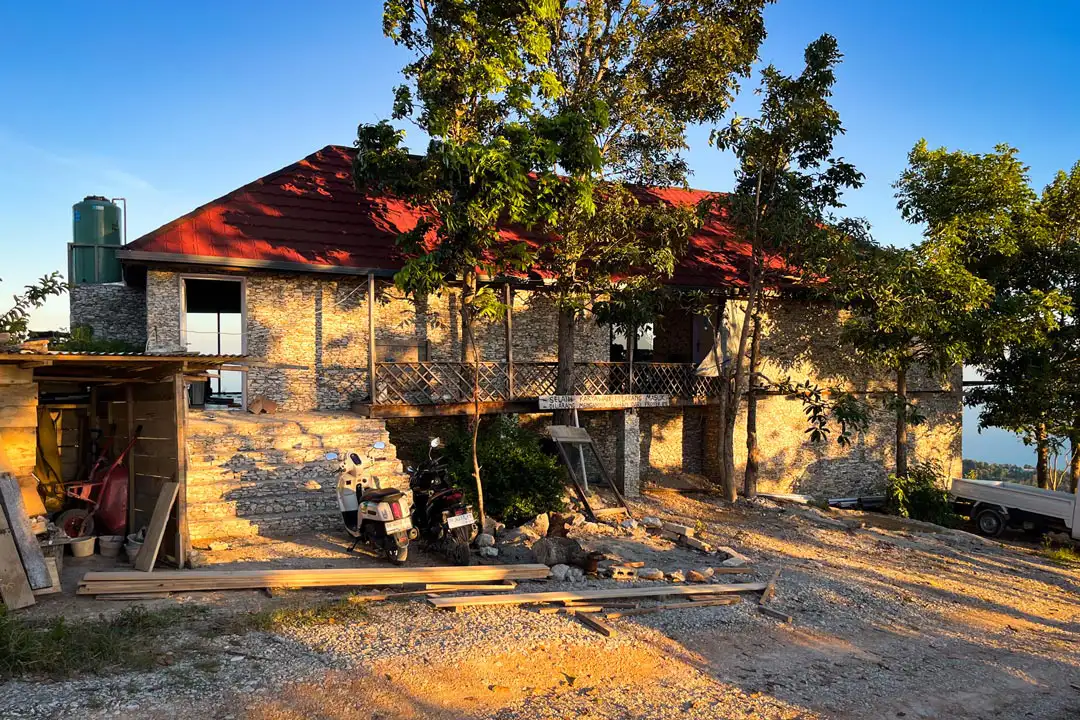
In remote areas of Indonesia, where poverty, stunting, and lack of opportunity are most severe, education offers hope. By building schools, we address these root causes, paving the way for healthier, more self-sufficient communities.
We focus on quality over quantity, delivering a holistic education that nurtures both academic and personal growth. Every day, children receive nutritious meals, supporting their health and ability to learn. This approach empowers them to reach their full potential and build a future filled with opportunities.

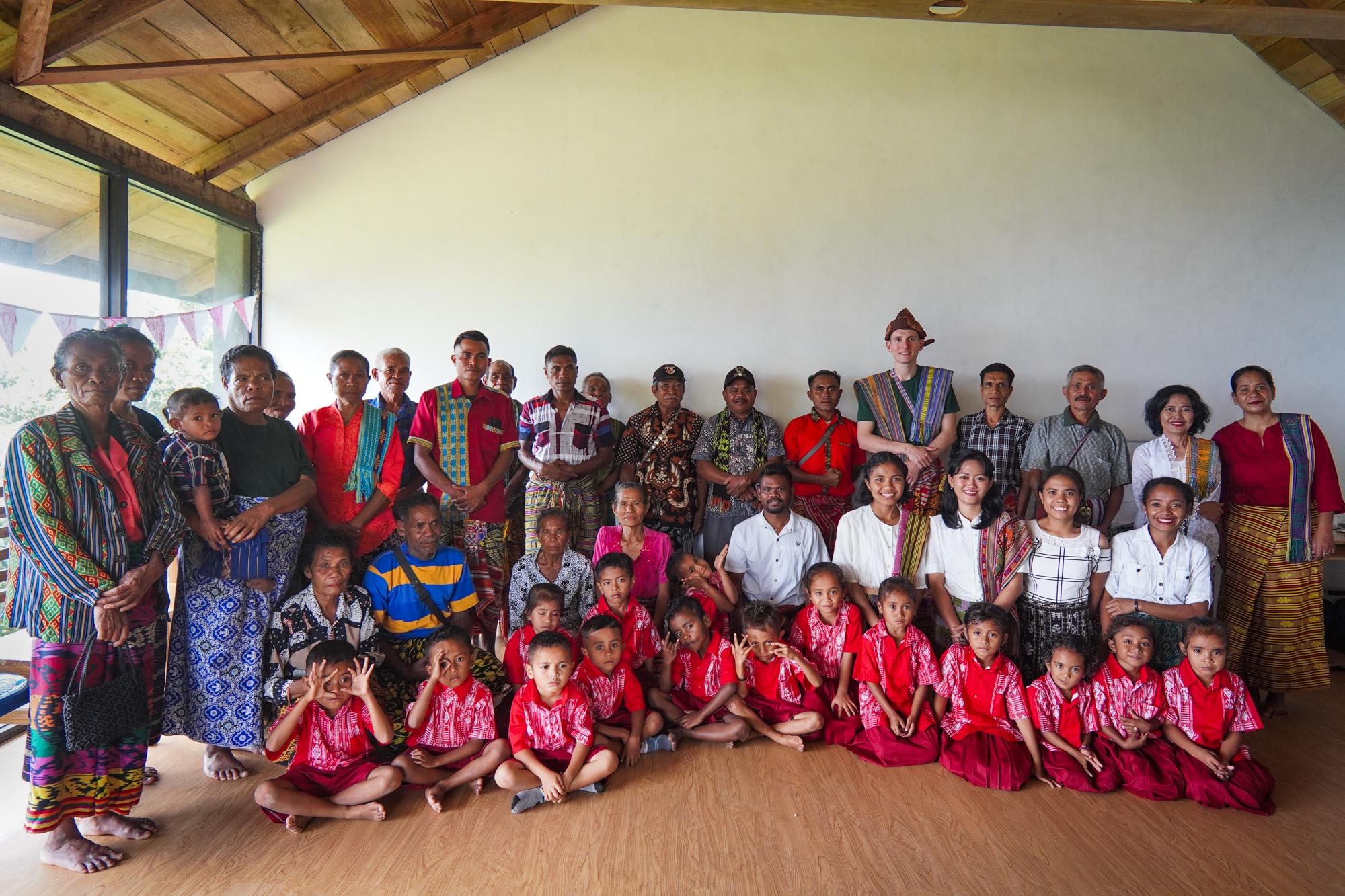
Our projects go beyond building schools. We engage with communities to provide resources, mentorship, and awareness programs, ensuring long-term impact and sustainable development for families and villages.

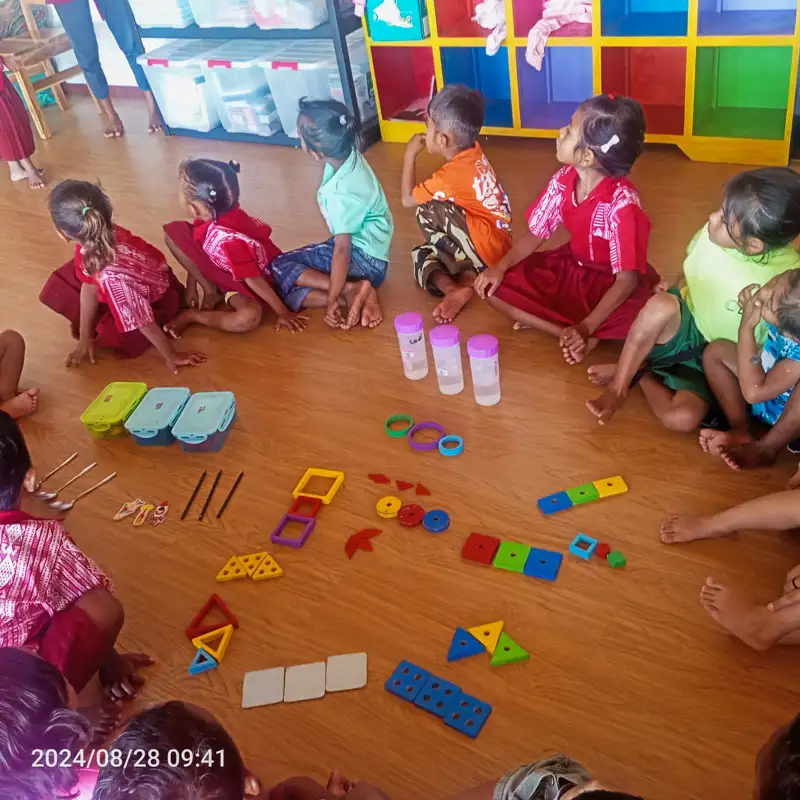
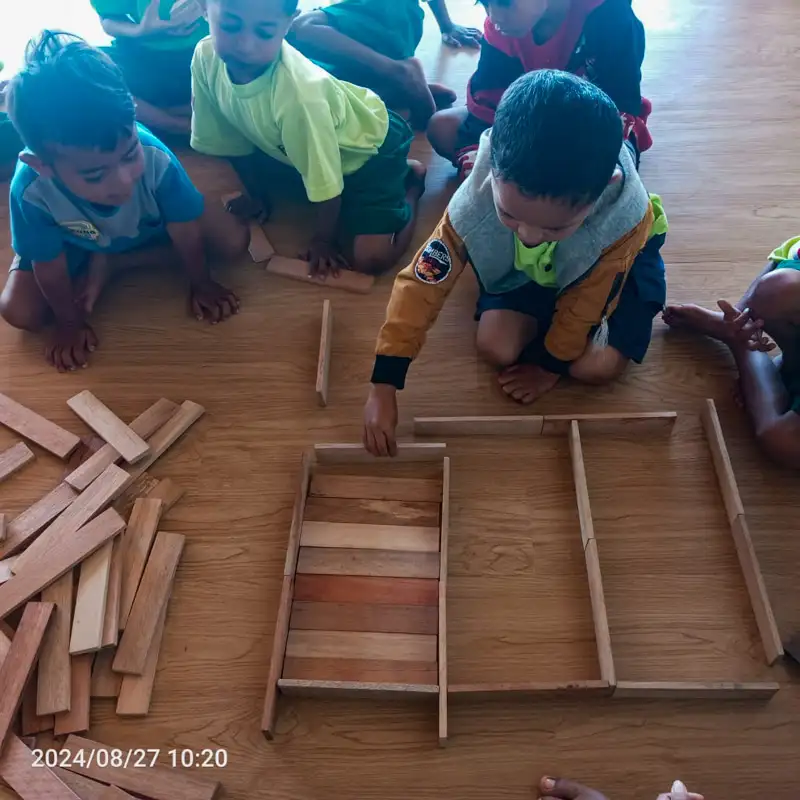
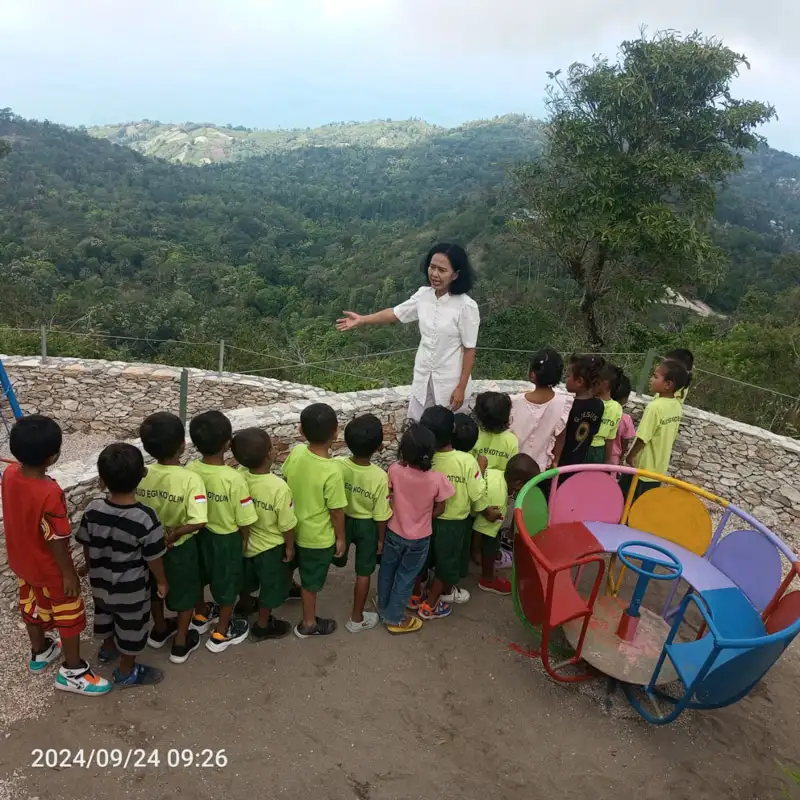

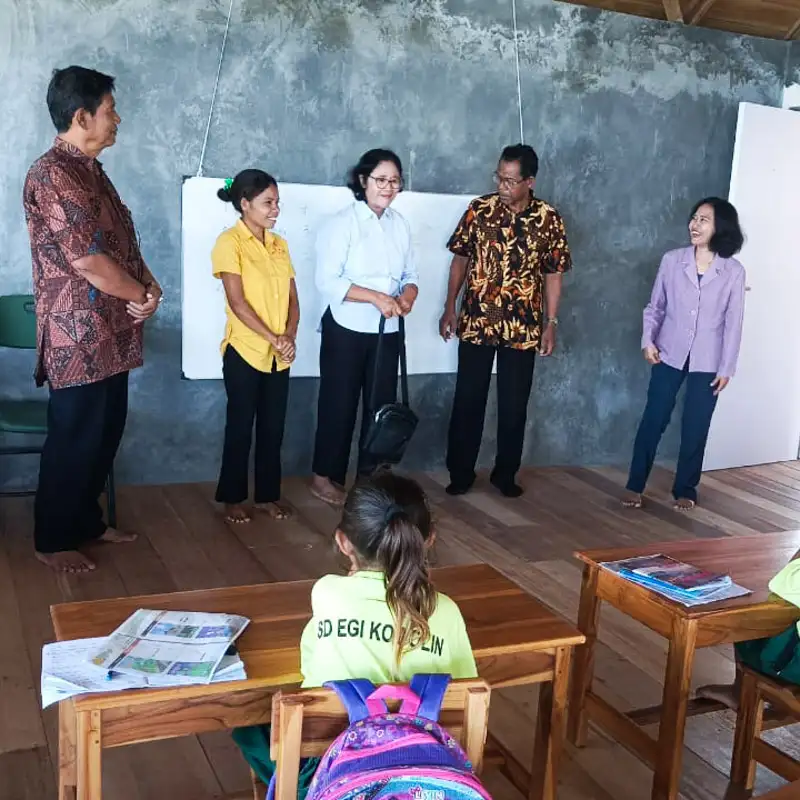
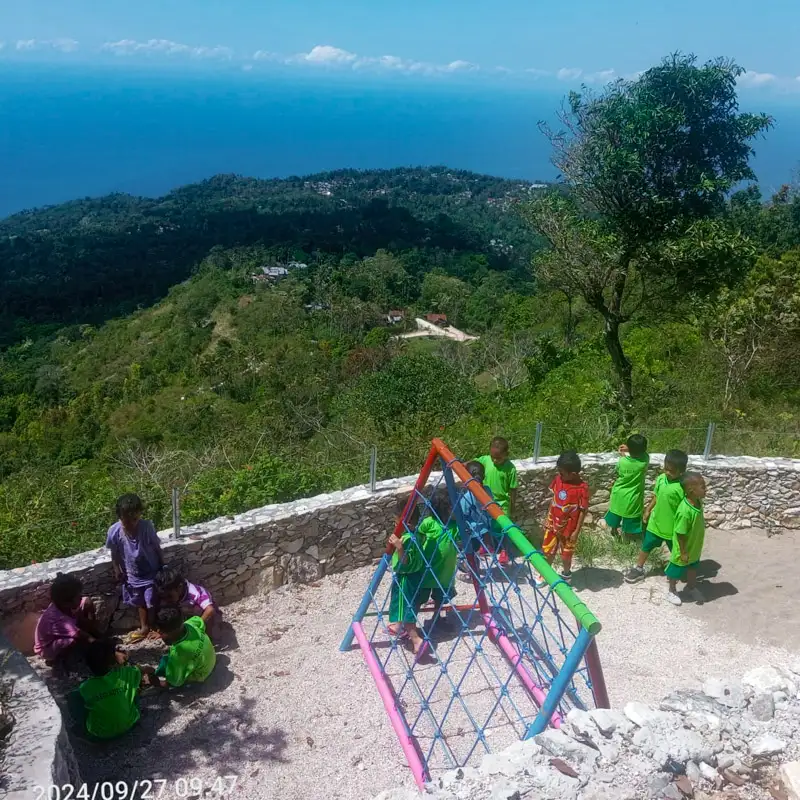
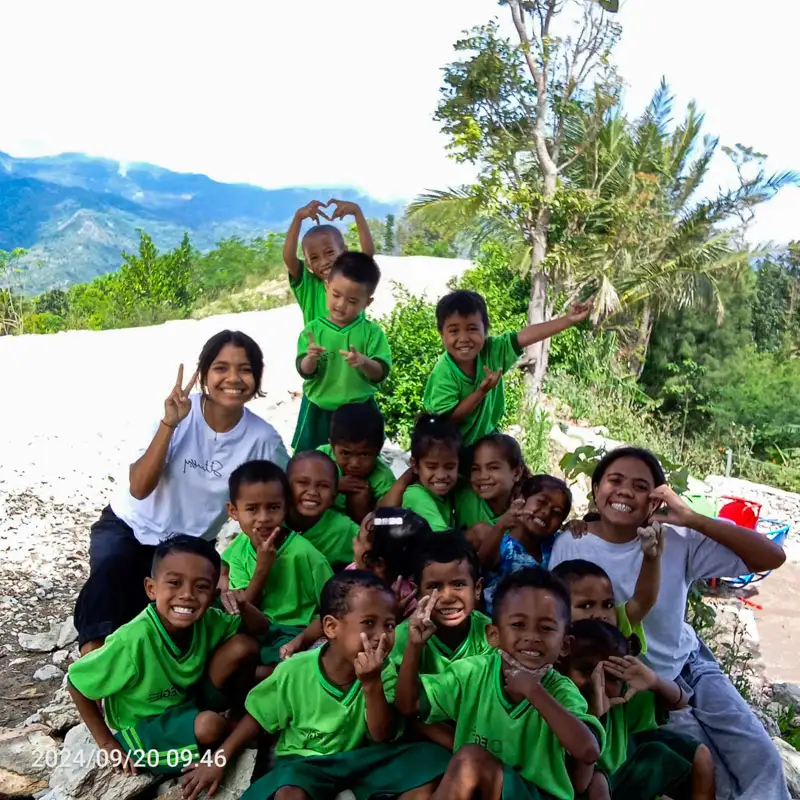
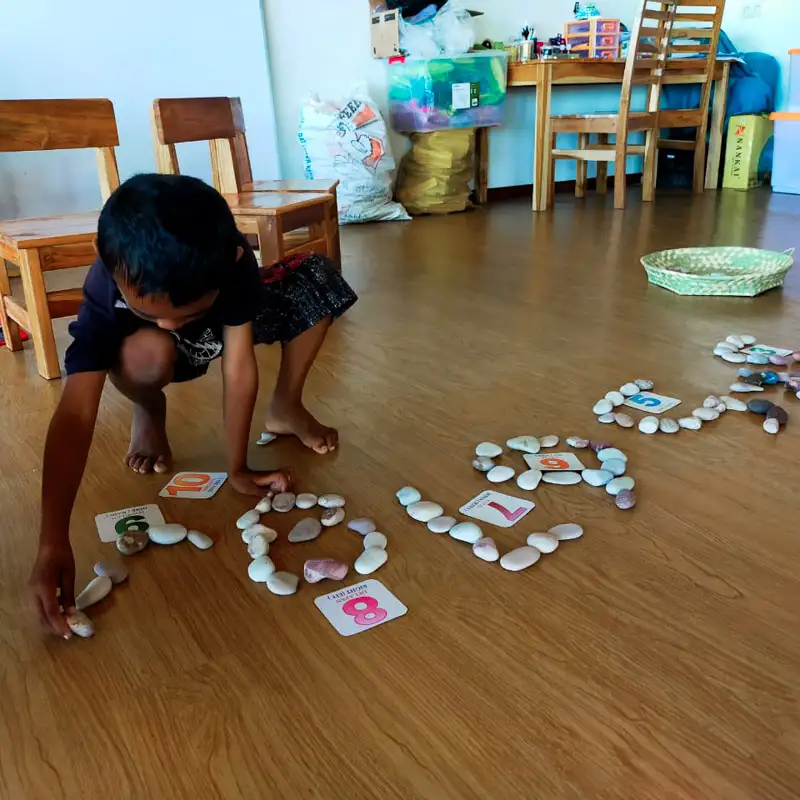
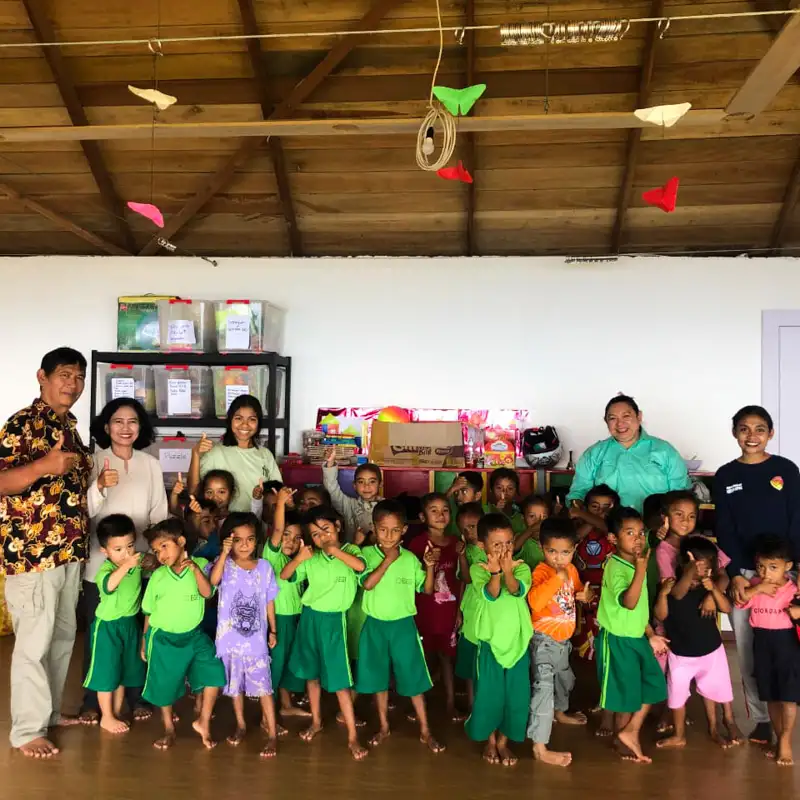

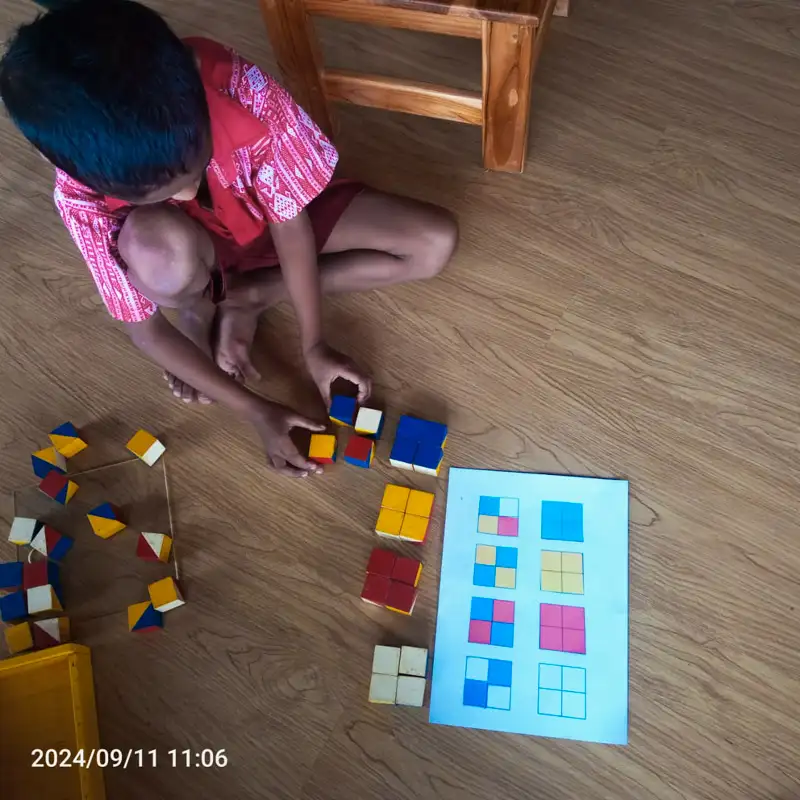
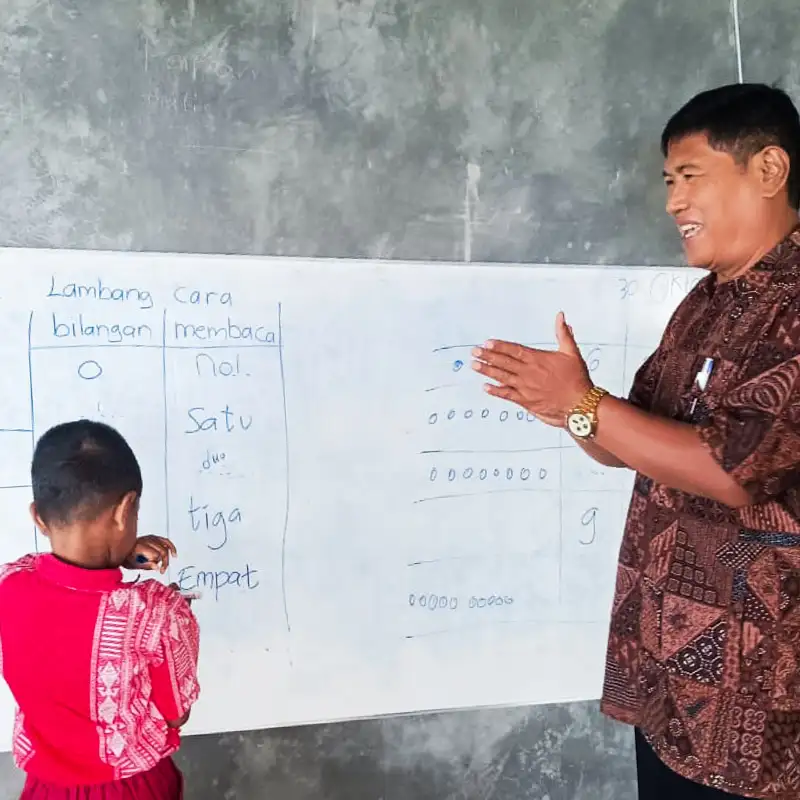


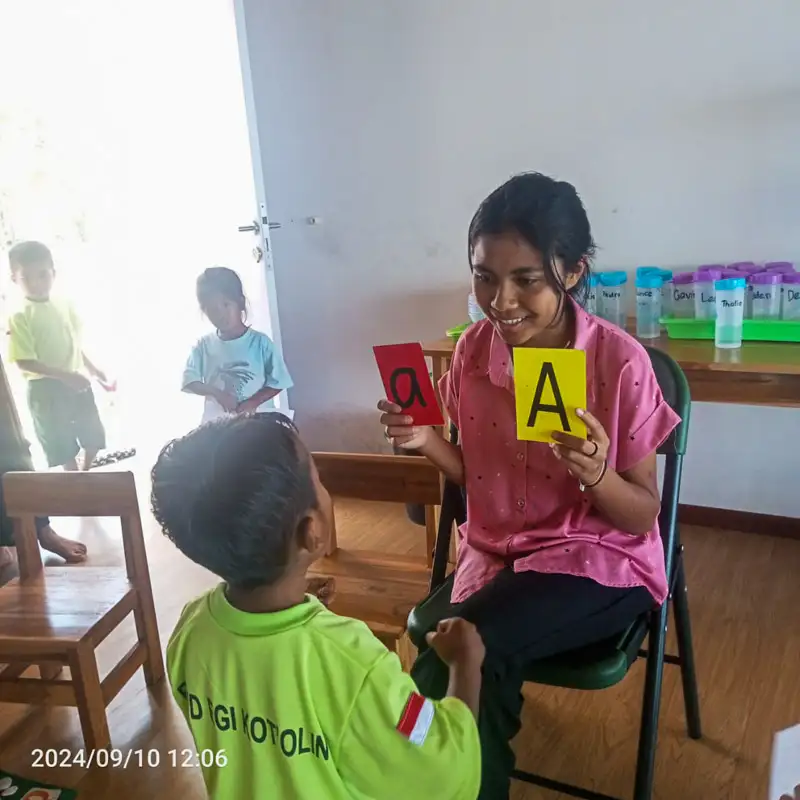
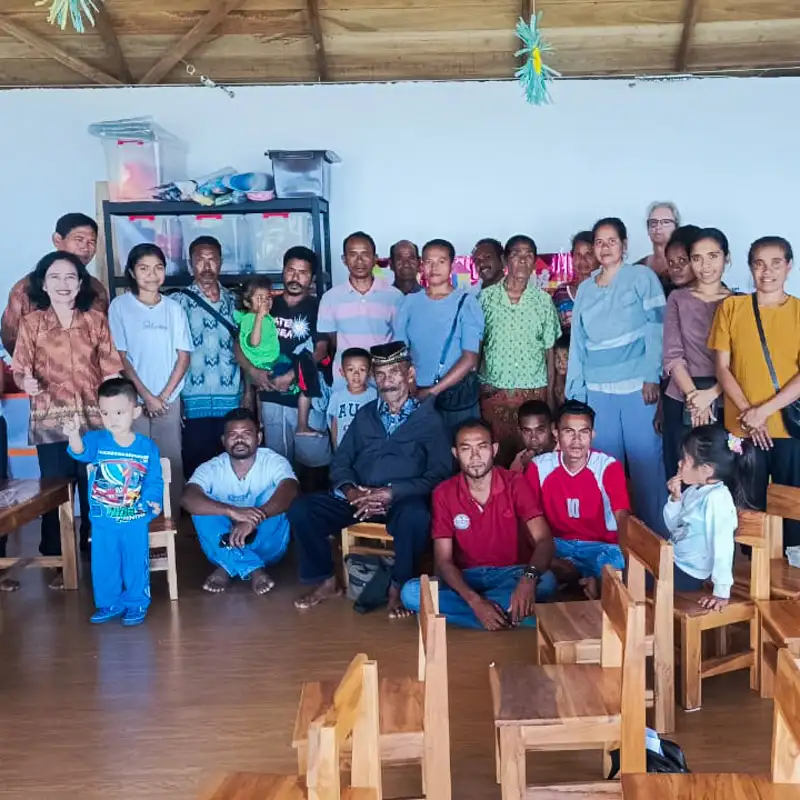

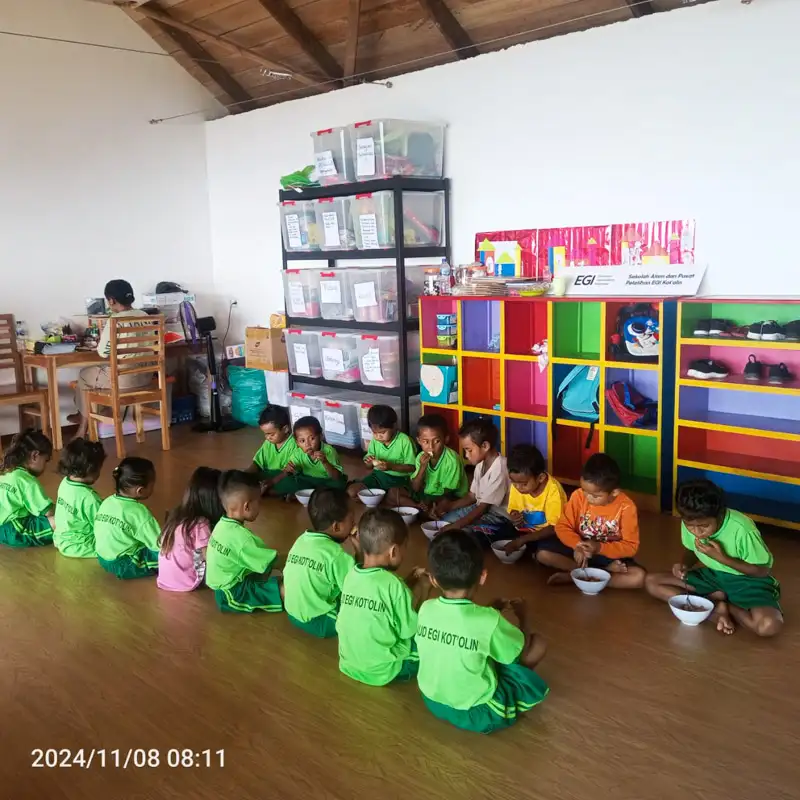
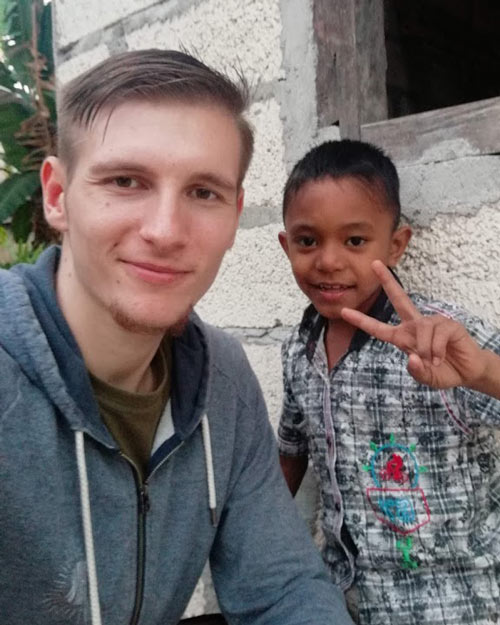
Origin: Interlaken, Switzerland
Occupation: Web Developer, Social Entrepreneur

Origin: Interlaken, Switzerland
Occupation: Optometrist, CEO Urfer Optik

Origin: Interlaken, Switzerland
Occupation: Administrator at Urfer Optik
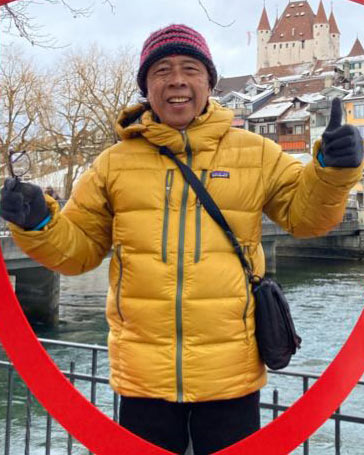
Origin: Semarang, Indonesia
Occupation: IT Expert

Origin: Kupang (Timor), Indonesia
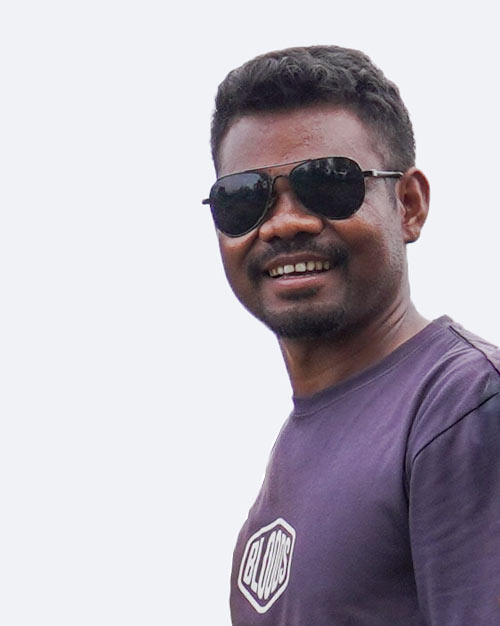
Origin: Kot’olin (Timor), Indonesia

Origin: Yogyakarta, Indonesia

Origin: Yogyakarta, Indonesia
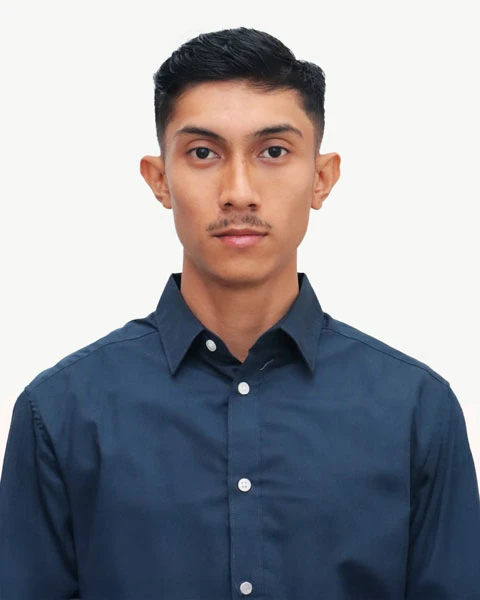
Origin: Jakarta, Indonesia
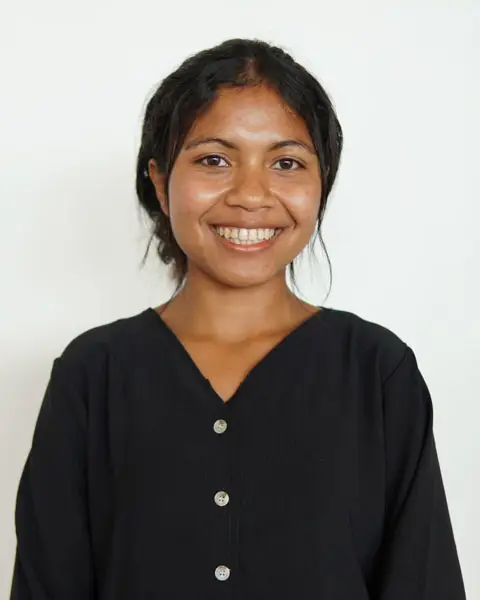
Origin: Oebaki (Timor), Indonesia
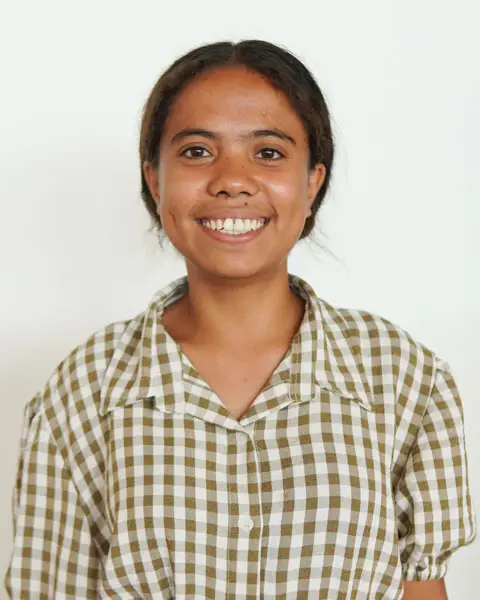
Origin: Kot’olin (Timor), Indonesia
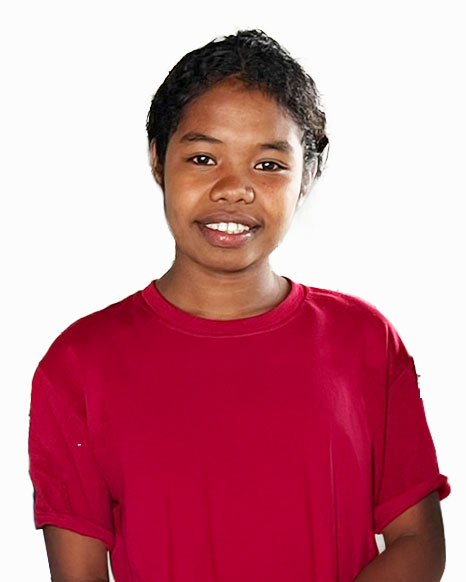
Origin: O’obibi (Timor), Indonesia

Origin: Kot’olin (Timor), Indonesia

Origin: Kot’olin (Timor), Indonesia
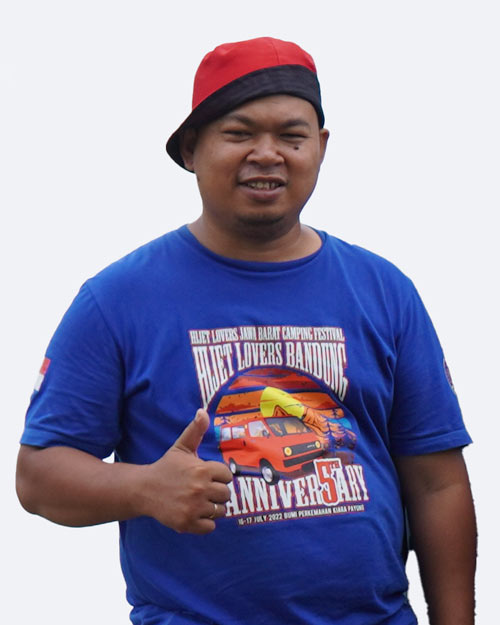
Origin: Cilacap, Indonesia
Occupation: Director Kindergarten Paud Cipta Smart Adiraja, SSM Instructor

Origin: Kupang, Indonesia
Occupation: Social Entrepreneur
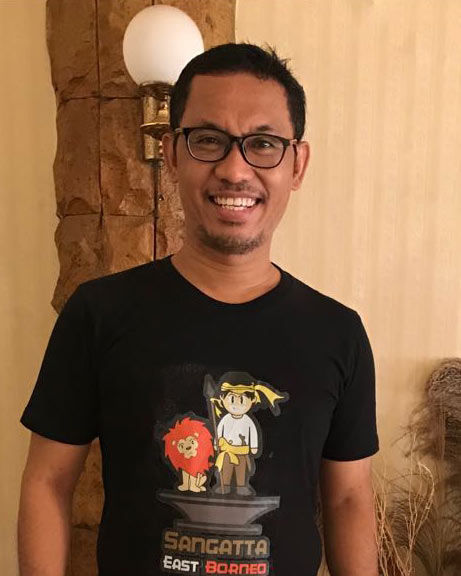
Origin: Aceh, Indonesia
Occupation: Director Saya Suka Membaca
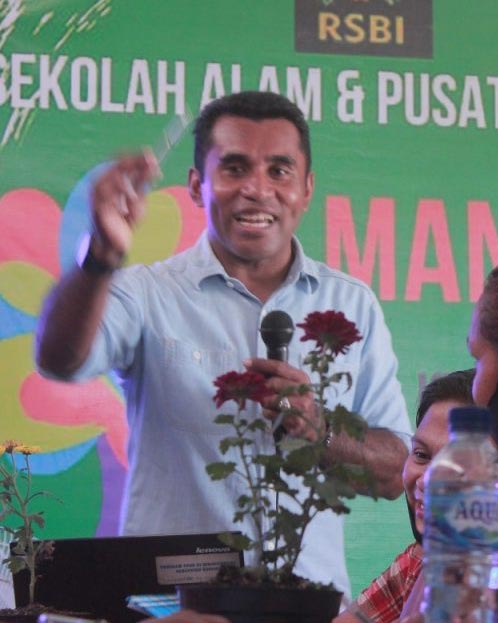
Origin: Flores, Indonesia
Occupation: School Director Environmental School Manusak, Social Entrepreneur
Origin: Jakarta, Indonesia
Occupation: School Director Alfa Omega School, Social Entrepreneur
Origin: Bern, Switzerland
Occupation: Social Entrepreneur, Construction Expert
Origin: Bern, Switzerland
Occupation: Kindergarten Teacher